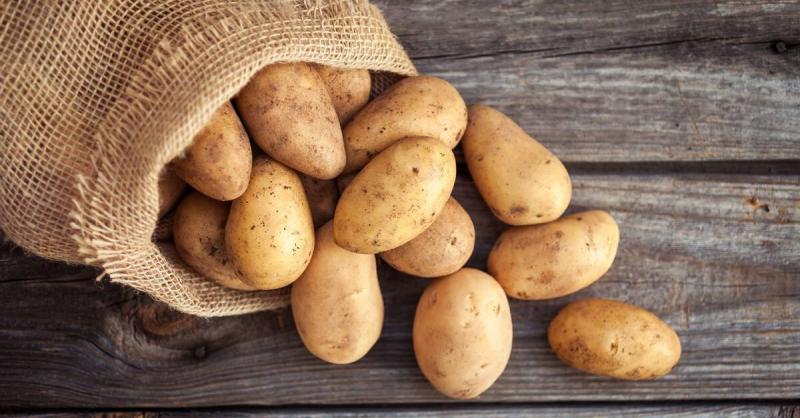Many people consume "potatoes" in forms such as fried, grilled, and boiled, but some are always looking for alternatives to this product, believing it to be high in calories and low in benefits. Dr. Nuriya Dyanova, Executive Director of the National Center for Healthy Nutrition Research, dispels common myths about potatoes. She states, "Potatoes are starchy vegetables that contain a medium amount of protein—2 grams per 100 grams—and 16-17 grams of carbohydrates. They also have a good amount of magnesium, iron, vitamin B1, and niacin (nicotinic acid), which affects the nervous system."
She adds, "Potatoes are rich in potassium, which is beneficial for the heart muscle, but can be harmful in cases of kidney issues. As for vitamin B1, many people suffer from its deficiency. This vitamin is found in whole grain products that people consume in small amounts because all foods are refined." According to her, potatoes can be considered akin to bread; in some cases, they are even better than bread since 100 grams of bread contains 40-60 grams of carbohydrates, whereas 100 grams of potatoes contain only 16-17 grams. Potatoes are also beneficial for diabetes patients and for brain function. Moreover, potatoes are better than white rice because they contain magnesium and dietary fiber, which positively influence the intestines.
She remarks, "Potatoes are very beneficial if they are boiled or baked. However, fried potatoes raise the glycemic index because they contain multiple glucose compounds, which accelerates the aging process." The expert notes that the amount of potatoes allowed to be consumed daily is determined according to the plate principle, which should contain carbohydrates, protein, fats, and dietary fibers. She explains, "About a quarter of the plate—100-120 grams of potatoes, 100 grams of meat, and 150-200 grams of salads. This is considered a healthy plate." According to her, there is no harm in consuming potatoes in moderation, but individuals with kidney diseases should follow specific guidelines when consuming them.




